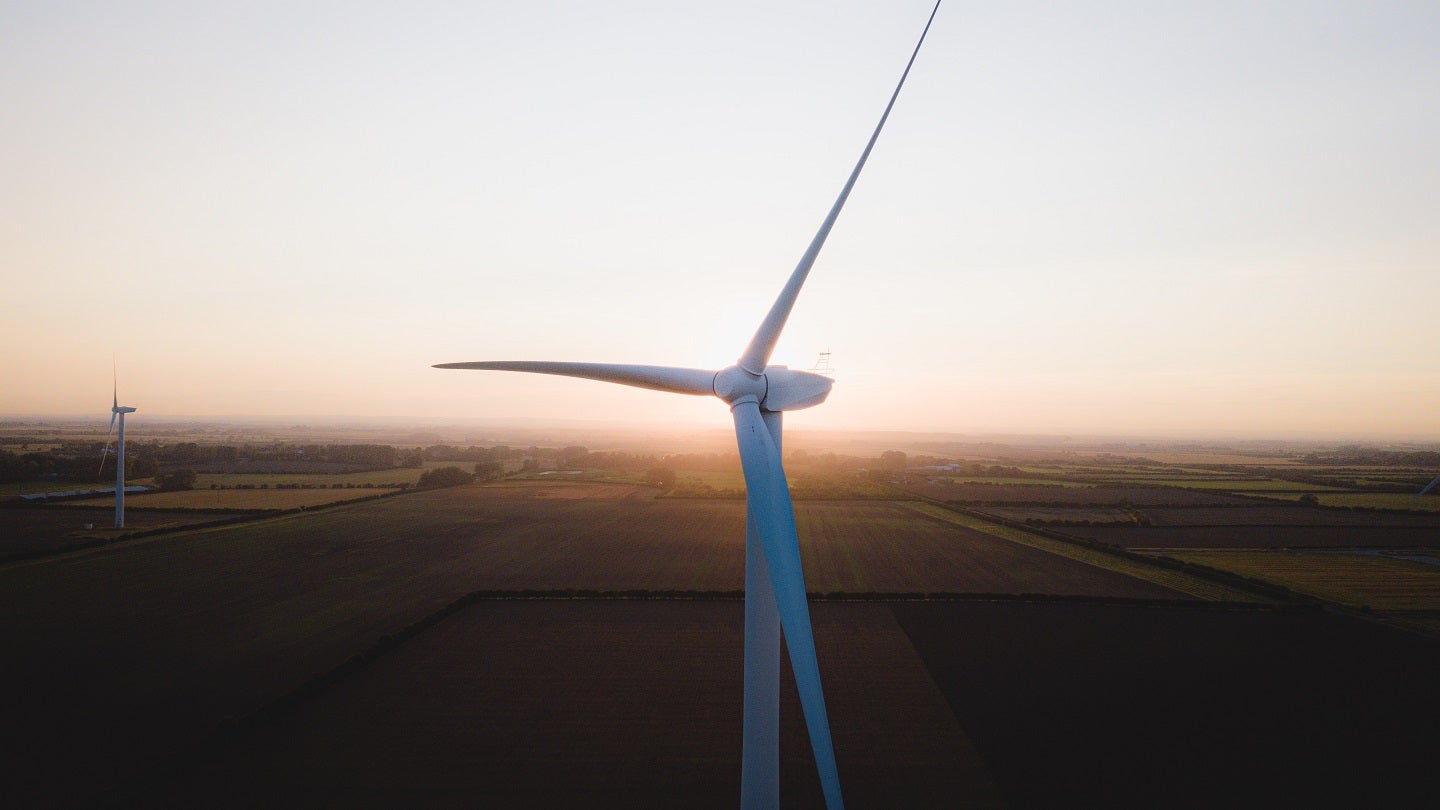
India’s Tata Power Renewable Energy has received a letter of award to build a 966MW hybrid renewable power project for Tata Steel via its subsidiary, TP Vardhaman Surya.
The round-the-clock (RTC) hybrid project will feature 379MW of solar and 587MW of wind power capacity.
It is one of the biggest industrial RTC power projects under India’s group captive regime, which governs units set up by industries for their own consumption.
Tata Power managing director and CEO Dr Praveer Sinha stated: “Tata Power and Tata Steel are committed to jointly developing green energy solutions.
“The 966MW RTC hybrid renewable power project marks a significant step towards our combined efforts to accelerate the adoption of clean and green energy to meet the net-zero target.”
Tata Steel produces 35 million tonnes (t) of crude steel annually and is one of the world’s most geographically diversified producers.

US Tariffs are shifting - will you react or anticipate?
Don’t let policy changes catch you off guard. Stay proactive with real-time data and expert analysis.
By GlobalDataThe hybrid project will help the company fulfil a significant part of its green energy requirements in India, saving 23,89,160t of carbon emissions annually.
Tata Steel has agreed to invest 26% equity in the project, which is to be commissioned by 1 June 2025.
Tata Steel managing director and CEO TV Narendran stated: “We are pleased to partner with Tata Power Renewable Energy Limited to secure a significant portion of our power requirements from renewable sources.
“This agreement aligns with our sustainability vision and will contribute to the reduction of carbon emissions associated with our operations. We believe that renewable energy is the future, and this partnership enables us to take one of the steps towards achieving our target of net zero by 2045.”



